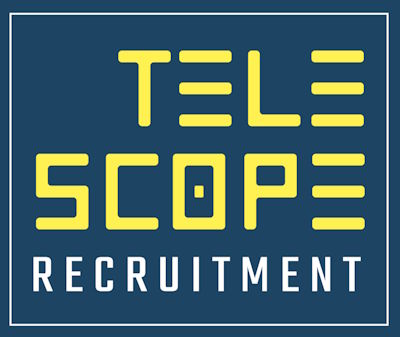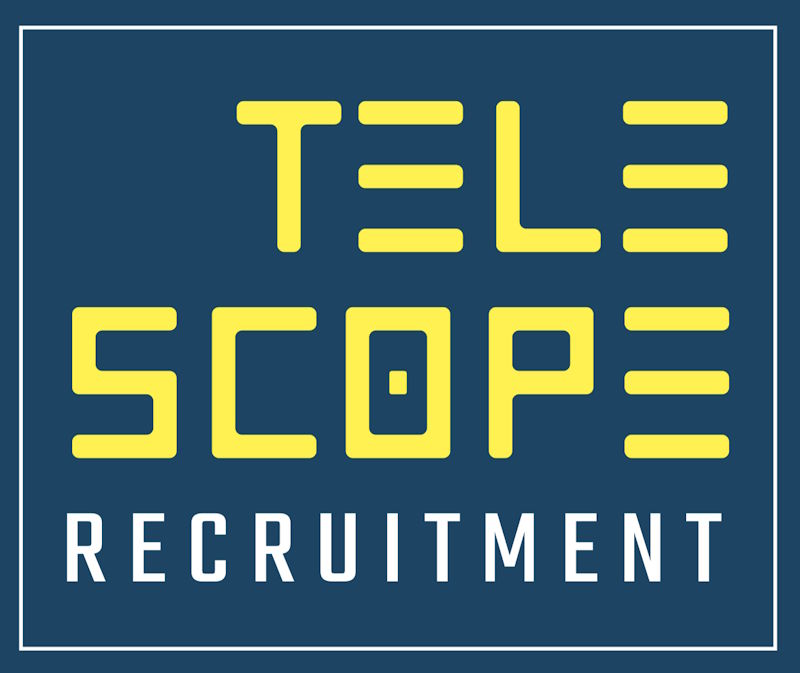Image by www.freepik.com
Retirement used to be seen as the finish line-a well-earned rest after decades of hard work. But today, more and more workers are choosing to stay employed well past traditional retirement age. Whether for financial reasons, personal fulfillment, or a sense of purpose, many are simply not ready to walk away.
As we rethink retirement, it’s important to ask: Why are some employees staying on longer-and what are the implications for their employers?
Why Workers Delay Retirement
- Financial Stability
While pensions and government supports such as CPP and OAS help, many older workers worry they haven’t saved enough to retire comfortably. Rising costs of living, helping adult children, or late-life debt can keep people in the workforce longer than planned. - Sense of Purpose
For many, work provides more than a paycheck-it’s a source of identity, community, and self-worth. Leaving can feel like losing a part of themselves. - Health and Longevity
As people live longer, healthier lives, the idea of retiring at 65 doesn’t always make sense. Many feel they still have much to contribute and don’t want to be sidelined too early. - Flexible Work Options
Remote work, part-time roles, and job-sharing make it easier for older workers to stay engaged without the demands of full-time hours.
The Employer Perspective: Pros and Cons
Benefits for Employers:
- Experience and Institutional Knowledge
Older workers bring a deep understanding of the organization’s history, systems, and culture. Their mentorship is invaluable for younger staff. - Work Ethic and Reliability
Many seasoned employees have strong professional habits, loyalty, and a long-term view. - Stability During Labour Shortages
In industries facing skill shortages, retaining older workers helps fill critical gaps.
Challenges to Navigate:
- Succession Planning
When retirements are delayed, it can slow the career progression of younger staff or create uncertainty in leadership pipelines. - Health and Benefit Costs
Older workers may have higher benefit usage, although this can be offset by their reduced turnover and recruitment costs. - Resistance to Change
While not always the case, some older employees may be less enthusiastic about rapid changes in technology or organizational culture.
Finding the Balance
Supporting older workers doesn’t mean blocking opportunities for others. The key is flexibility. Employers who offer phased retirement, part-time roles, or mentorship-based positions create win-win situations-preserving knowledge while allowing space for emerging talent.
By understanding why some employees are choosing to stay and thoughtfully planning for it, employers can build age-diverse workplaces that benefit from experience and innovation.
Partnering with Telescope Recruitment means embracing a visionary approach that illuminates your path to success. Together, we will reach new heights and create constellations of success that shine brightly in the cosmic realm of recruitment. Join us today and experience the difference we can make for your organization or career.





